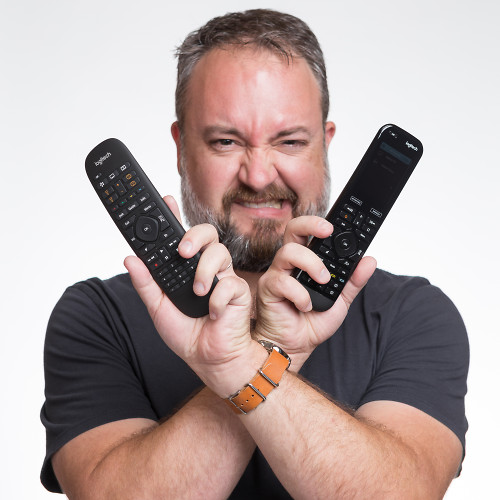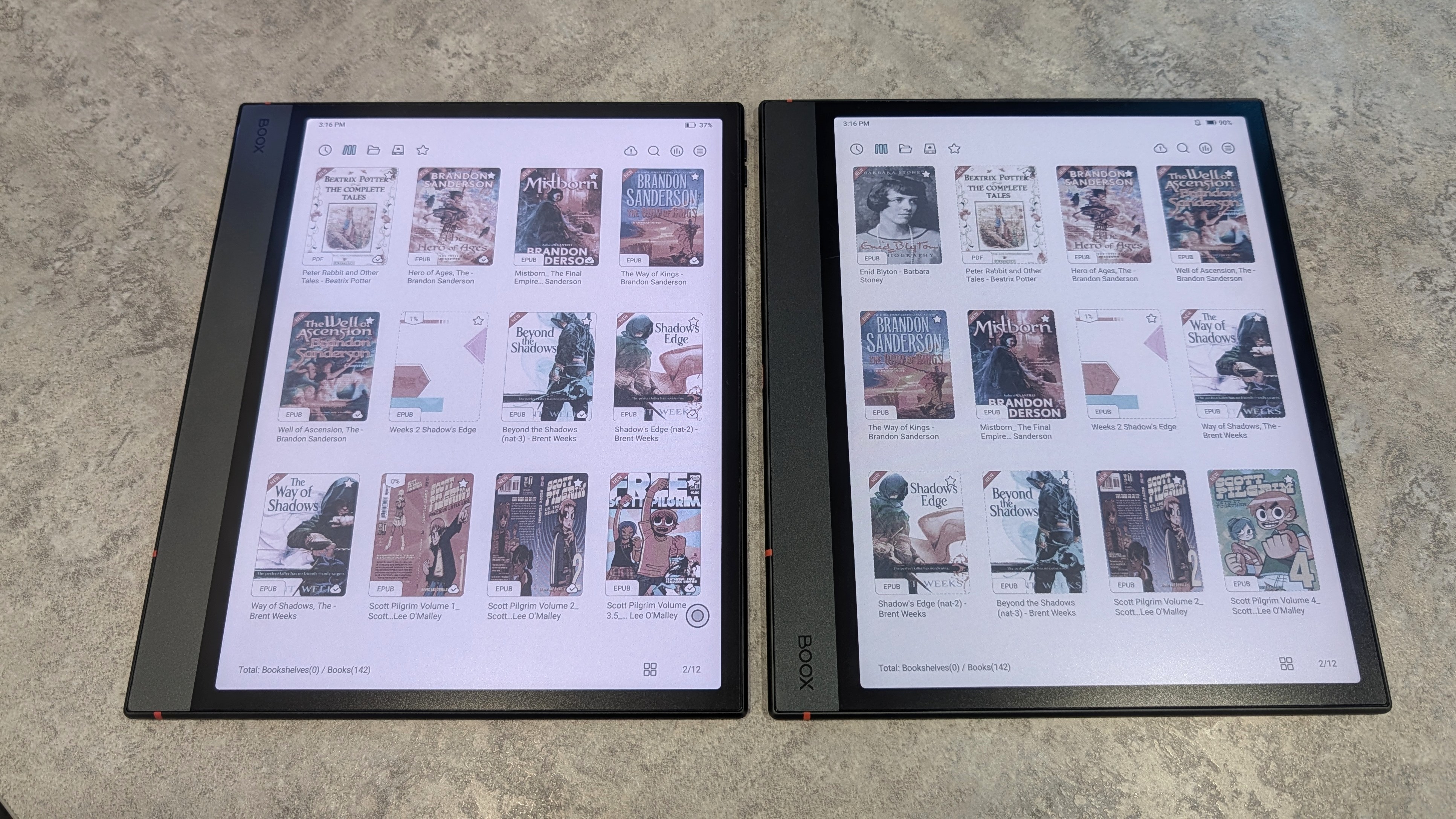Poll: Do you still incorrectly believe that megapixels are everything?
Get the latest news from Android Central, your trusted companion in the world of Android
You are now subscribed
Your newsletter sign-up was successful
See what we did there? Look, we're not saying anything new here, but we have a feeling we're going to have to keep saying it over and over. Megapixels -- i.e. resolution -- aren't everything when it comes to camera quality. Image size, yes. Image quality, no. There are other factors at play.
Hopefully you saw the demo during the Galaxy Nexus launch. Shot by Google's Romain Guy -- whos's certainly no slouch with a full SLR, if you've ever seen his other work -- it's an incredible example shot a new smartphone. You can see an extended version at the source link below.
No, megapixels aren't everything. When you see that one phone (whether it's the Galaxy Nexus or something else) has fewer megapixels than another, it doesn't necessarily mean that the camera will be "worse." It just means that it doesn't shoot in as high a resolution, and you might not be able to make a 4-foot poster out of the thing. Get a real camera for that.
Source: +Romain Guy; More: Galaxy Nexus forums
Get the latest news from Android Central, your trusted companion in the world of Android

